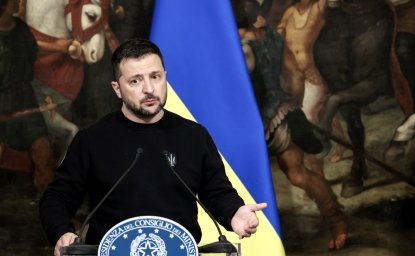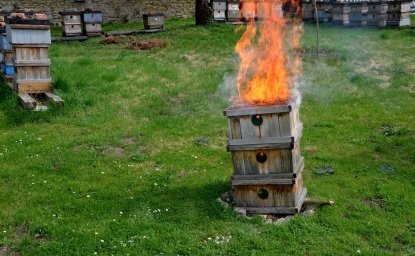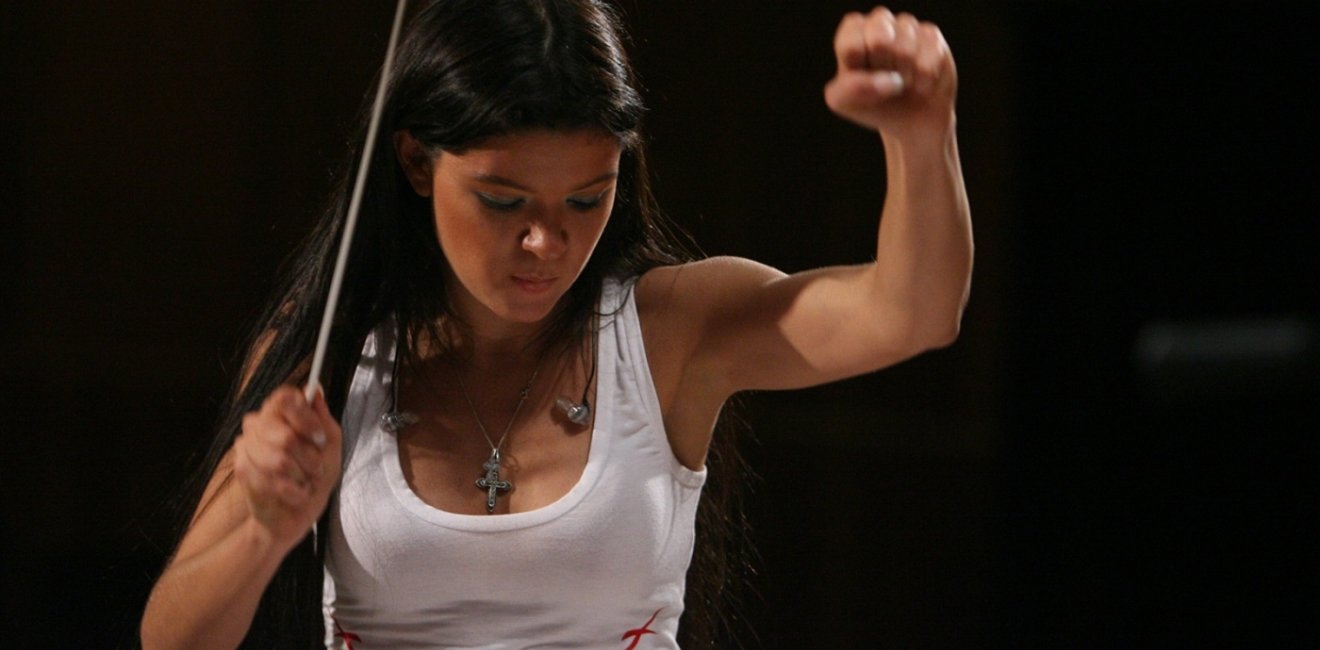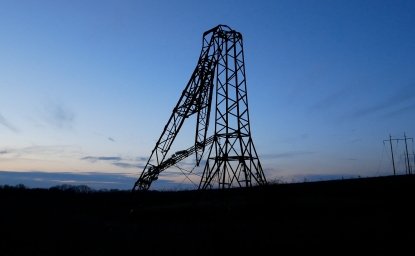
A blog of the Kennan Institute
Within hours of the massive Russian missile attack on Kyiv’s children hospital on July 8, Ukrainian rock star Ruslana took to Instagram to denounce what she decried as an act of terrorism carried out with the highest degree of cynicism. The daylight attacks on the Okhmatdyt Hospital, Ukraine’s largest and, by reputation, best children’s hospital accompanied a barrage of Russian raids unleashed across Ukraine, killing at least 41 Ukrainians. These attacks came as NATO leaders gathered in Washington to celebrate the alliance’s 75th anniversary. Rather than disheartening Ukrainians into submission, however, Russia has provoked greater anger and disgust.
Ruslana’s outrage was more than performative. Known for her activism against judicial arbitrariness, environmental degradation, and human trafficking (she was a UNICEF Goodwill Ambassador in 2004 and 2005), the fate of Ukraine’s children has long been at the center of her activism. Following her 2004 Eurovision Song Contest victory, she organized a charity concert for children suffering from the consequences of the Chernobyl nuclear power plant accident. Soon thereafter she joined with German rock star Peter Maffay on a monthlong German tour to gather funds to benefit children in need. She has frequently performed in charity concerts for children’s hospitals in Kyiv, Lviv, and Dnipro. Singer, songwriter, dancer, actor, activist, and former politicians, she has drawn on her international renown to advance various social and political causes.
Ruslana Stepanivna Lyzhychko grew up in the Lviv region during the late 1970s and 1980s, the daughter of a Ukrainian father and a Russian mother. Her mother encouraged her musical talents, as did the popular singer Vasyl Zinkevuch. She studied at the Lviv Conservatory in the early 1990s with prominent Ukrainian composers and conductors such as Mykola Kolessa. “Wild Dances,” her Eurovision-winning song, has become a pop classic with worldwide recognition. She served for a time in the Verkhovna Rada, the Ukrainian parliament; made the 2013 Forbes list of the most influential women in the world; and received the US Secretary of State’s International Women of Courage Award in 2014. The Spanish newspaper El Mundo has compared her to Joan of Arc.
Her voice, be it lifted in song or spoken in anger, carries weight. Ruslana’s cries that July day were seen as especially heartfelt in light of her long support for children’s medical research and care. Over the weeks that followed, there was an outpouring of revulsion by Ukrainians in Ukraine and around the world.
In a fundraising appeal on her official Facebook page on July 8, Ruslana urged Ukrainians to turn their rage into justified revenge. “When you read the news about being hit by the children's hospital, where at that time the planned operations for the smallest patients were conducted... when you read that there [could] be children under the rubble, you can no longer control pain or rage,” she wrote. She urged her compatriots to turn that rage into revenge and “kick the enemy out of our land.”
The attacks on July 8 were but a portion of the destruction let loose on Ukraine by Russian rocket assaults this summer. As Russia has demonstrated repeatedly in Ukraine, Syria, and elsewhere, it has tremendous power to destroy. Ukraine, on the other hand, as demonstrated by the response to the hospital bombing, repeatedly reveals a capacity for renewal in the face of unfathomable suffering. Ruslana personifies the country’s defiance in the face of horror. She is not alone.
The opinions expressed in this article are those solely of the author and do not reflect the views of the Kennan Institute.
Author

Former Wilson Center Vice President for Programs (2014-2017); Director of the Comparative Urban Studies Program/Urban Sustainability Laboratory (1992-2017); Director of the Kennan Institute for Advanced Russian Studies (1989-2012) and Director of the Program on Global Sustainability and Resilience (2012-2014)

Kennan Institute
The Kennan Institute is the premier US center for advanced research on Eurasia and the oldest and largest regional program at the Woodrow Wilson International Center for Scholars. The Kennan Institute is committed to improving American understanding of Russia, Ukraine, Central Asia, the South Caucasus, and the surrounding region though research and exchange. Read more

Explore More in Focus Ukraine
Browse Focus Ukraine
Building a Thriving Ukrainian Design Community Now

Ukraine Seeks to End the War. What's Wrong With the “Peace Scenarios”?


